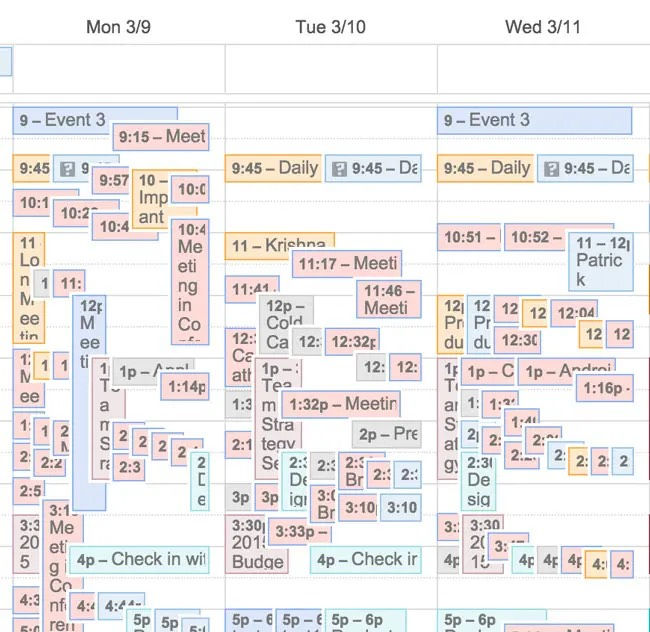The Pitfalls of Fitness Trackers: Why They Might Not Offer as Much Value as You Think
- Rachael Small

- May 16, 2024
- 2 min read
In an age where technology permeates every aspect of our lives, fitness trackers have become ubiquitous accessories for those looking to monitor their physical activity. From counting steps to tracking calories burned, these gadgets promise to provide insight into our exercise routines. However, amidst the buzz of data and metrics, it's crucial to question whether these devices truly offer meaningful value or if they merely distract us from what truly matters in fitness.

One of the primary pitfalls of fitness trackers is their emphasis on quantitative metrics like calories burned. While it's tempting to fixate on these numbers, they often oversimplify the complexity of a workout. Caloric expenditure is just one piece of the puzzle, and placing too much importance on it can lead to a distorted view of fitness progress. Moreover, the accuracy of calorie tracking on these devices can be questionable, further undermining their utility.
What's often overlooked are the qualitative aspects of a workout: intensity, intention, isolation, and proper form. These factors play a far more significant role in determining the effectiveness of an exercise routine than the number of calories burned. Intensity, for instance, dictates how much strain your muscles endure, which is crucial for stimulating growth and improvement. Intention refers to the focus and purpose behind each movement, ensuring that you're not just going through the motions but actively engaging your muscles. Isolation involves targeting specific muscle groups to achieve balanced development and prevent imbalances that can lead to injuries. And perhaps most importantly, proper form ensures that you're performing exercises correctly, maximizing their benefits while minimizing the risk of injury.
By fixating on calorie counts and step goals, fitness trackers can distract us from these fundamental principles. Instead of listening to our bodies and focusing on how exercises feel, we become preoccupied with hitting arbitrary targets dictated by our devices. This can lead to a disconnect between our physical sensations and the data displayed on the screen, fostering a reliance on external feedback rather than internal cues.
Furthermore, the obsession with tracking can detract from the joy of movement itself. Exercise should be a source of pleasure and empowerment, not a chore dictated by numbers on a screen. When we become too focused on metrics, we risk losing sight of the intrinsic satisfaction that comes from challenging ourselves and experiencing the tangible improvements in strength, endurance, and flexibility.
That's not to say that fitness trackers are entirely without merit. They can be useful tools for providing general guidance and motivation, especially for individuals just starting their fitness journey. However, it's essential to use them judiciously and not let them overshadow the more qualitative aspects of exercise.
While fitness trackers offer the allure of quantifiable data, their value ultimately lies in their ability to complement, rather than replace, our intuitive understanding of fitness. By prioritizing intensity, intention, isolation, and proper form over calorie counts and step goals, we can cultivate a deeper appreciation for the multifaceted nature of exercise and reap greater rewards in our pursuit of health and wellness.


